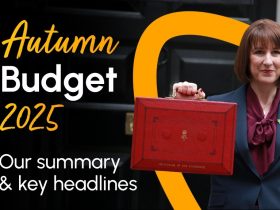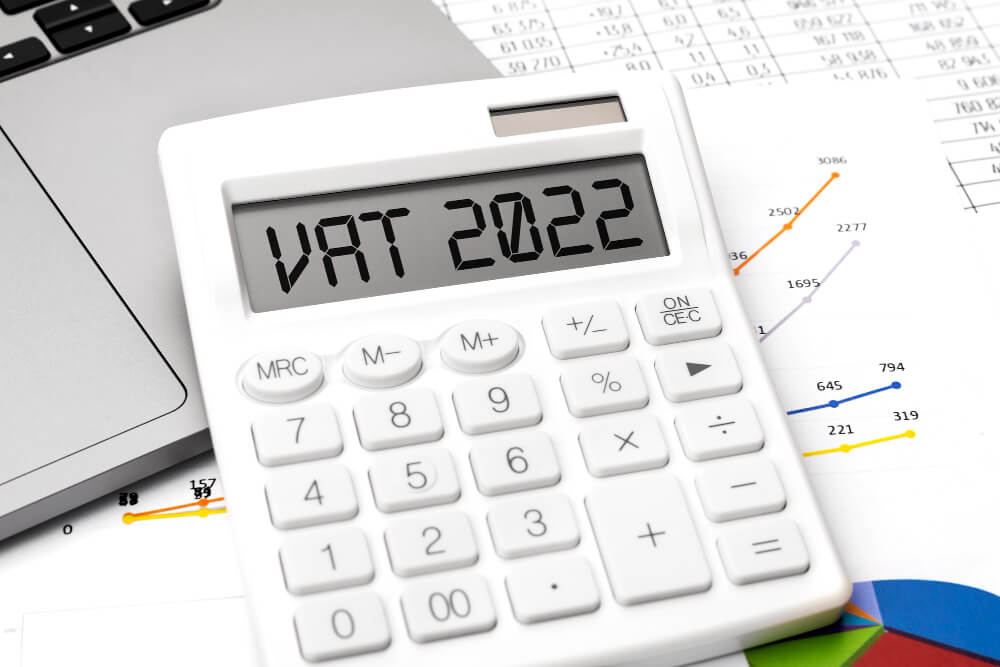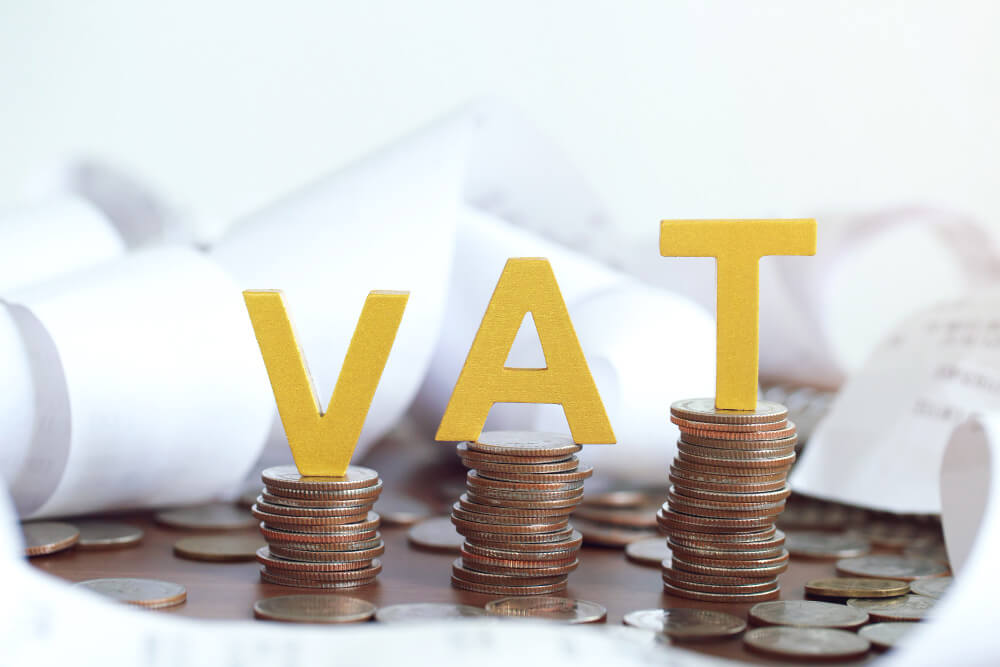Making Tax Digital for the Government in 2015 was nothing less than a revolutionary plan. When the whole world is experiencing the touch of digitisation, why will businesses stay exempt from it?
Over the past few years, businesses have been using different accounting software to complete their financial activities, but the Government wants one step ahead for VAT accounting.
VAT-registered businesses in the UK must use digital software to record and submit VAT returns as a part of MTD, as mentioned in the law on 1st April 2019.
This blog will cover all information about Making Tax Digital, so businesses get a good grip on all three stages of MTD.
Table of Content
What is Making Tax Digital (MTD)?
MTD is a government initiative to make tax easy and accurate for individuals and businesses. It can probably avoid £9.2bn revenue lost due to errors in tax returns.

The MTD for VAT is effective from April 2019, and the next stage of MTD for income tax is about to come. It mandates the use of software and phases out the issues related to paper tax returns.
The introduction of MTD will affect maximum businesses, self-employed individuals, and landlords.
Who needs to comply with Making Tax Digital?
MTD for VAT in 2019 was initially for businesses earning above the VAT threshold of £85,000 in a tax year. It later expanded to all VAT-registered companies and voluntarily registered ones in April 2022.
To be introduced in April 2024, MTD for income tax is about to bring changes in taxation for sole traders, landlords, and individuals using the Self-assessment system.
Any individual earning above £10,000 in the next accounting year after 6th April 2024 from a business or a property must comply with the rules.
However, if your self-assessment tax return doesn’t include any business or property income, MTD for income tax is not applicable.
For freelancers, who don’t operate through a limited company, MTD for ITSA is applicable.
MTD for corporation tax, possibly introduced by April 2026, will affect incorporated companies.
How to prepare for Making Tax Digital?
You must follow these four steps to ensure that your business is ready to start with MTD for VAT.
- Determine whether the change is impacting you.
- Review your accounting software and other working methods.
- Review the VAT process to check if you need changes to meet the MTD rules.
- Fulfil your new MTD obligations as soon as possible.
Key points
● You must sign up for MTD using Government Gateway and your VAT number.
● Send your tax information digitally every quarter instead of filing annual VAT returns.
● Keep digital records, including time of supply, the value of supply, rate of VAT, business information like name and address, and VAT registration number with details of VAT accounting schemes.
● Use HMRC-compliant software like Xero, Sage, and QuickBooks.
● For businesses below annual income below £85,000 (the VAT threshold) can sign up for MTD voluntarily.
What accounting software can we use?
The Government doesn’t endorse and recommend any particular software; however, they want you to use the one compatible with MTD.
Using cloud accounting software for MTD is unbeatable, as
● The data is available 24/7, and you can access them from anywhere, anytime.
● As you record data online, connecting with HMRC’s system to comply with the MTD requirements for filing VAT returns becomes easy.
● You can digitally retain VAT accounting data from the cloud within at least six years.
● Cloud accounting software can automatically update and remain compliant with future tax legislation.
Some accounting software like Xero, FreshBooks, QuickBooks and a few others have an application programming interface that makes the software compatible and compliant with MTD.
What are the exemptions and deferrals?
Though maximum VAT-registered businesses are bound to comply with MTD for VAT, a few companies might not comply with the rules immediately or on an ongoing basis under certain conditions.
Turnover below the VAT threshold
When your business is voluntarily VAT registered but annual turnover below £85,000, you could have submitted VAT returns using the old portal but not anymore!
Prohibitive beliefs, locations, or disabilities
You receive an exemption under the conditions:
● If you are unable to use computers due to religious beliefs,
● If age, disability, remoteness of the location, or any other reasons stop you from using digital tools.
Whatever the reason is, you must apply for exemption by contacting the HMRC VAT helpline. If the HMRC believes the reason is appropriate, they will allow you an exemption or offer digital assistance.
Insolvency
If your business is under insolvency, you don’t need to participate in MTD for VAT.
Complicated VAT accounting
Businesses with complicated VAT accounting measures have deferred MTD for VAT starting from October 2019.
These businesses include:
● Business is making payments on account
● A user under the annual accounting scheme
● Trusts
● Nonprofit organisations not working as a company
● VAT divisions
● VAT groups
● Public sector entities requiring additional information on the VAT return
● Local authorities
● Public corporations
● Traders based overseas
These businesses can sign up for an MTD for VAT pilot scheme.
Larger organisations using VAT GIANT (Government Information and National Health Trusts online service) had an exemption till October 2019 and didn’t apply for the pilot scheme.
How much will the transition to MTD cost the business?
Though the HMRC won’t charge you any money for the transition to MTD, updating internal business processes might have hidden costs.
The estimated average cost for businesses can be around £280.
● You need to spend time training on new digital tools and submit information quarterly.
● Purchase a new application or upgrade your software to meet MTD needs
● Your business may require new hardware or an upgrade of the existing one
● Cost of accountants or agents
However, it is worth the money, as you save time and money and eliminate errors in tax returns and penalties due to digital accounting software.

Conclusion
Making Tax Digital is a good step from the Government that reduces the risk of errors and paying hefty fines. There are no complicated processes involved with the system, and with the right software, little tech skills and knowledge of your VAT obligations, you can send information to the HMRC on time.
The MTD initiative makes the entire taxation process transparent, gives you a centralised view of tax status, saves time, money and effort, and reduces stress.











